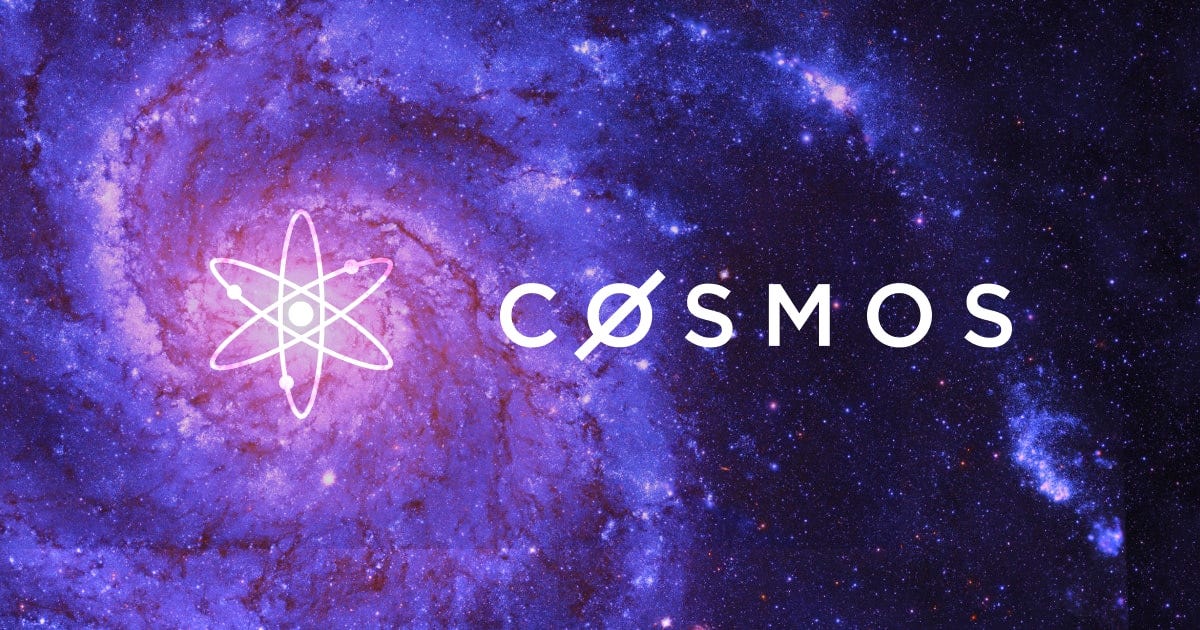The crypto world is full of different coins or tokens—some that provide utility, giving them value, and others with no purpose whatsoever (memecoins). Despite this, people still gamble with them, hoping to make a profit or just for pure fun. When you look at the big picture, this world of blockchain promises more than just decentralization; it offers a new world of possibilities through transparency and interoperability between chains, aiming to build a new sort of internet. Cosmos is one of the protocols striving to achieve this and is currently leading the way by helping create some of the top blockchains.
Cosmos, also referred to as the “Internet of Blockchains,” is a network designed to connect various independent blockchains. Blockchains are essentially digital ledgers that record transactions securely. Typically, blockchains are isolated systems, making it difficult for them to communicate with each other. Cosmos aims to solve this issue by creating an ecosystem where different blockchains can interact seamlessly. Cosmos connects various individual blockchains, called zones, allowing them to transfer data and assets between each other. This fosters a more unified blockchain environment.
At the heart of Cosmos lies the Cosmos Hub, a central blockchain responsible for facilitating communication between various individual blockchains called zones. These zones, built using the Cosmos SDK (Software Development Kit), are custom blockchains designed for specific purposes. They can be public or private, permissioned or permissionless, catering to a diverse range of applications. The Internet Blockchain Communication Protocol, or IBC for short, is the cornerstone of Cosmos’s interoperability solution. It enables blockchains to communicate with each other by allowing messages and tokens to be transferred across different chains securely and efficiently. This protocol ensures that data can flow seamlessly between connected blockchains, facilitating a truly interconnected blockchain ecosystem.
Several blockchains have been built within the Cosmos ecosystem, such as BNB, DyDX, Osmosis, and Celestia, covering a wide range of applications from NFTs, DePIN, and DeFi usage. Remember, this is just a small sample. The Cosmos ecosystem is rich with innovative projects, and as it progresses, more use cases will follow. Some projects are targeting media, real estate, and artificial intelligence.
In the middle of this, we have Cosmos’s native token, ATOM. In my personal opinion, I think this token could contribute more to the ecosystem than it currently does. However, because of the community’s decisions, this is ATOM’s current role:
- Staking: ATOM holders can stake their tokens to participate in the network’s consensus mechanism. By staking ATOM, users help secure the network and are rewarded with additional ATOM tokens.
- Governance: ATOM holders have the power to participate in the governance of the Cosmos network. They can propose and vote on network protocol changes, ensuring that the community has a say in its development and evolution.
- Transaction Fees: ATOM is used to pay for transaction fees within the Cosmos network, incentivizing validators to process and verify transactions.
I believe that ATOM could serve as an interoperable gas fee like Ethereum does within all blockchains, but at the moment, only certain blockchains such as Osmosis can do that. I feel this is a missed opportunity, especially in the gaming sector of Web3. Still, there may be potential in the future for ATOM to become essential to the Internet of Blockchains, achieving mass adoption by users and developers.
Cosmos represents a significant step forward in the quest for blockchain interoperability. By providing the tools and framework for creating interconnected blockchains, Cosmos opens up new possibilities for the blockchain industry. Its innovative approach to consensus, modular development, and inter-blockchain communication positions it as a key player in the future of decentralized technology. As the ecosystem continues to grow and evolve, Cosmos has the potential to revolutionize the way blockchains interact and pave the way for a more connected and efficient decentralized world.



















Leave a Reply